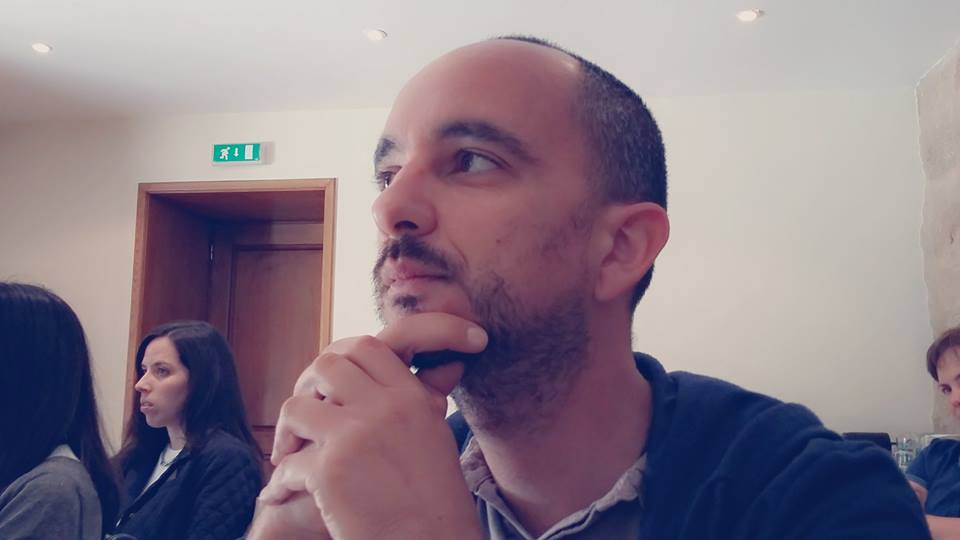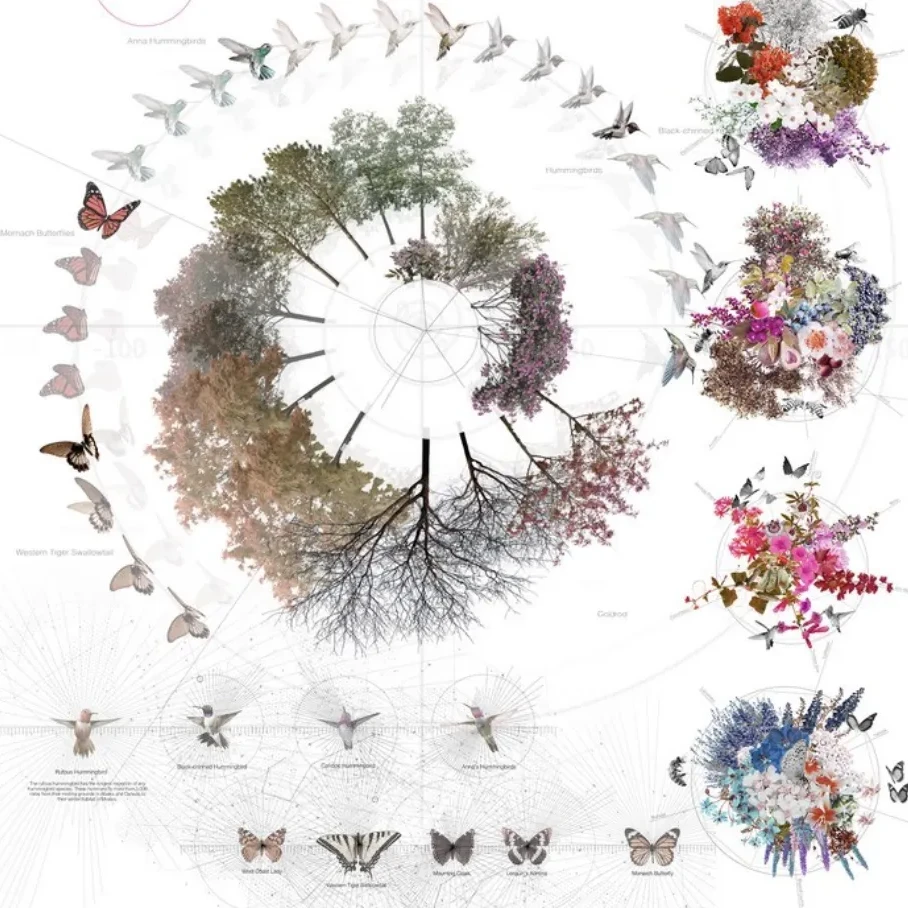As actors engaged in peacebuilding and social change, we often find ourselves grappling with complex dynamics while facilitating the establishment of effective governance systems. Three recurring themes, or dilemmas, have emerged as central to this process: Timeline Pressure versus Sustainable Governance, Decolonizing Facilitation Dynamics, and Power Dynamics within the Group and the choice of Terminology
In my role as a mentor and facilitator for networks deeply immersed in their respective journeys of organization and growth, I have had the privilege of accompanying them through their diverse trajectories. These networks, each unique in its formation and intent, have also shared common struggles, dilemmas, and moments of transformation. This article is a product of countless conversations, shared experiences, insights, and reflections accumulated through this journey.
Over time, I’ve noticed three recurring themes or dilemmas that emerge as central to the process of establishing effective governance systems in these networks. These dilemmas, often interrelated and overlapping, serve as a mirror of the larger sociopolitical context in which these networks operate and the power dynamics inherent in their structure and function. The goal of this article is to delve into each of these dilemmas, explore their implications, and suggest potential ways to navigate them.
There’s the ‘Timeline Pressure versus Sustainable Governance’ dilemma. It represents the tension between the need for immediate action and results, often imposed by external factors like funding or societal pressure, and the desire for nurturing a sustainable governance model that values process, consensus, and long-term stability.
The ‘Decolonizing Facilitation Dynamics’. This challenges us to confront and reconfigure the deep-seated biases, assumptions, and power structures that often permeate our facilitation practices, consciously or unconsciously. We are called to not only acknowledge the historical and systemic inequities that shape our work but also actively work towards a more equitable, inclusive, and decolonized approach to facilitation.
The ‘Power Dynamics within the Group and the Choice of Terminology’ or as I call it, ‘The Lingo Dilemma’, focuses on the significant role language plays in shaping group dynamics, influencing power relationships, and determining the very essence of governance structures. The choice of words, their connotations, and the cultural and historical baggage they carry, can either reinforce oppressive systems or catalyze transformation towards a more egalitarian and open system of governance.
The following sections will delve deeper into each of these dilemmas, exploring their intricate complexities, proposing thoughtful questions, and providing practical suggestions. It’s important to note that these are not definitive solutions or one-size-fits-all strategies, but rather, they are sparks to ignite deeper conversations, reflections, and actions that will hopefully contribute to the dynamic and evolving journey of network governance.
1. The Rush Dilemma: Timeline Pressure vs Sustainable Governance
The challenge lies in balancing the urgency to establish governance structures, primarily driven by funding dynamics, against the necessity for these systems to be robust, sustainable, and truly representative of the organizations’ values. Quick decisions, while fulfilling immediate needs, may risk compromising the quality of the governance systems established.
The Development Journey
Building a governance structure is not just a logistical task, but a developmental journey for the individuals and the group as a whole. Allowing time for reflection, self-assessment, and personal growth in our timelines can greatly enhance the effectiveness and sustainability of the governance systems established.
2. The Legacy Dilemma: Decolonizing Facilitation Dynamics
This dilemma refers to the tension between the need for facilitation in group processes and the historical and geographical power imbalances often present in such scenarios. Facilitators, particularly those from Western backgrounds, must navigate these complexities to ensure a truly inclusive and equitable governance system.
Bridging the Gap between Design and Implementation
Closing the gap between discussing governance structures in theory and implementing them in practice requires discipline in adopting new practices and rituals, and mindfulness in staying true to the agreed principles. It requires vigilance to ensure that the practice aligns with the theory and a willingness to address any deviations or conflicts that arise.
3. The Dominance Dilemma: Power Dynamics within the Group
The challenge here is ensuring that the process of governance formation is not dominated by the loudest voices or those with inherent power within the group. This is about creating space for all voices to be heard, particularly those that may traditionally be marginalized or silenced.
Competition and Scarcity Mindset
The dynamics within the group can be influenced by a sense of competition among members, often fueled by a scarcity mindset. As facilitators and funders, we need to explore ways to foster a more collaborative and abundance mindset, which might involve changing the way resources are allocated, decisions are made, or success is measured, to encourage cooperation and shared ownership.
4. The Lingo Dilemma: Navigating between traditional and progressive terminology
This dilemma pertains to the struggle between choosing traditional governance language, which is usually English-centric and power-oriented, versus adopting more inclusive and flexible language. Traditional terms like ‘board’, ‘committee’, or ‘elected official’ can, on one hand, empower marginalized individuals by giving them a sense of influence and authority. However, the same terms might feel oppressive or intimidating to others, especially when trying to establish a more open and less hierarchical governance system. The challenge lies in finding terminology that accurately reflects the roles and responsibilities within the governance system while also resonating with the experiences and expectations of network members.
As facilitators and members navigate this dilemma, they might need to consider:
The cultural and linguistic backgrounds of network members.
The perceptions associated with traditional governance terms within the specific context.
The potential for creating new, context-specific terminology that embodies the values and aspirations of the network.
The trade-offs between using language that is easily recognized by external actors (like funders and governmental agencies) and language that truly reflects the unique dynamics of the network.
Thus, a conscious and thoughtful approach to language selection can contribute to a more empowering and inclusive governance system. It also reflects the recognition that language matters in shaping power dynamics and cultural perceptions within the network.
These dilemmas represent the ‘operational space’ in which we all work. They are not problems to be solved, but realities to be navigated. By acknowledging these dynamics, we can create a shared understanding that will help us navigate this space more effectively. It will enable us to strategize and adjust our facilitation techniques, ensure a more inclusive and participatory process, and communicate more transparently with everyone involved.
In recognizing and addressing these dilemmas, we can contribute to the creation of more equitable, sustainable, and effective governance systems in our peacebuilding and social change initiatives.

Pedro Portela is the Founder of the Hivemind Institute, a think tank and action research organization in Portugal dedicated exclusively to prototype new models of local organization, advocating for more systems literacy and proposing networked approaches to complex social problems.
He’s been involved as a consultant in Peace building and Conflict Transformation initiatives in Africa where he organizes workshops on Network leadership and is deploying innovative technology to promote network thinking among youth civil society leaders.
originally published at Medium
feature image:by Uday Mittal on Unsplash

Network Weaver is dedicated to offering free content to all – in support of equity, justice and transformation for all.
We appreciate your support!
Related Posts
October 20, 2025
Signals from the Web
September 9, 2025



